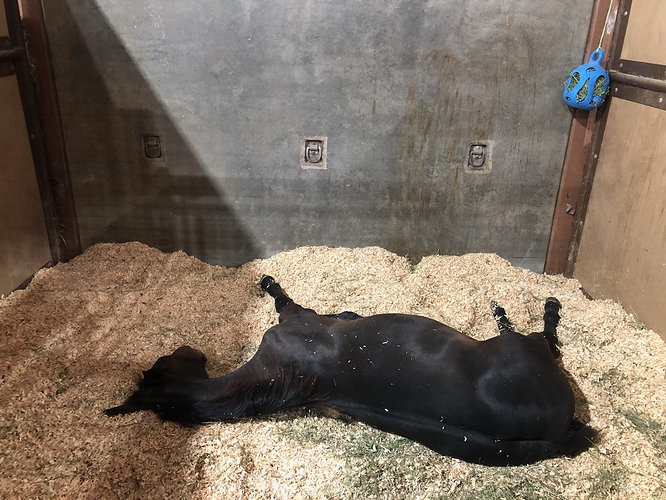The original post posits that you have to have money to get far in this sport.
I would say in the American Hunter/Jumper scene, this is true. But it’s been true for quite a long time (despite what books may have romanticized). There are the rare beasts that can work their way up - the same way as the rare actress that gets “discovered” - but those things are indeed rare, and often not as “random” as they look.
Is it getting more expensive? Yes. We know from inflation calculators that wages have not kept up with inflation over the last 30 years. We also know that standards of care of horses, veterinary medicine, and the quality of horses has increased over the last 30 years. We know we’re losing land. We know we’re losing lesson programs. These are all variables and factors that make it harder.
In many other countries, riding is a subsidized (government subsidized) sport. It isn’t here.
I suspect that’s by intent.
In fact, our country continues to make it harder and harder to be involved with horses. Despite it being very much an agricultural “thing” - taxation is not under agricultural exemptions (typically, there are some uses that can be). Zoning laws continue to make more and more draconian rules about how much land you need to support horses, and what kinds of facilities are appropriate. Building codes are becoming more and more difficult. The last quote I got for an indoor building (not the actual building of it…just the building materials) was over $500,000.
So the long and the short answer is yes - making it in that way is going to be very difficult.
There is still an avenue for the talented and the hard working in the way of becoming a working student - if you’re lucky. You might have to leave the state you’re in. You might have to ride naughty auction horses for a few years and do some ethically dubious things. You might have to change disciplines. You might have to muck stalls and get no opportunities for years. These are all things that you might have to do if you want to “make it” with little money.
Or, you might decide that it’s more important to become a student of the horse - enjoy the learning process - and help others along the way. Oh - or marry a rich billionaire who is about to kick off 


